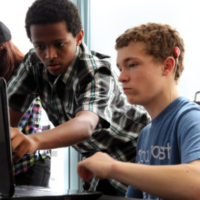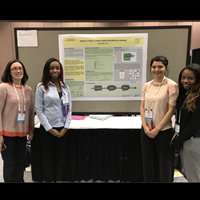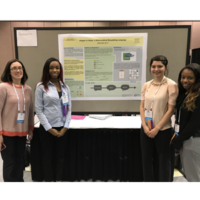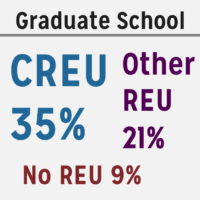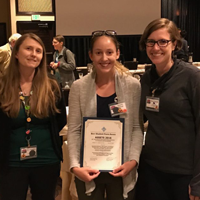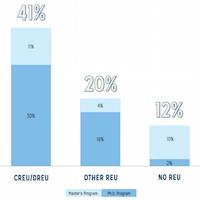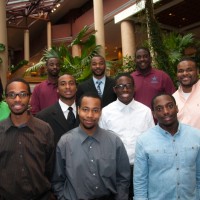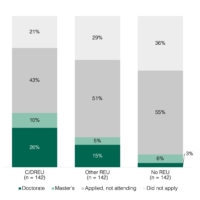
C/DREU Students Continue to Pursue a Graduate Degree in Computing at Higher Rates
Updated analysis shows that C/DREU participants are more likely to attend graduate school (36%) than students who participated in other REU programs (20%) and students who did not participate in an REU program (9%) at all.


